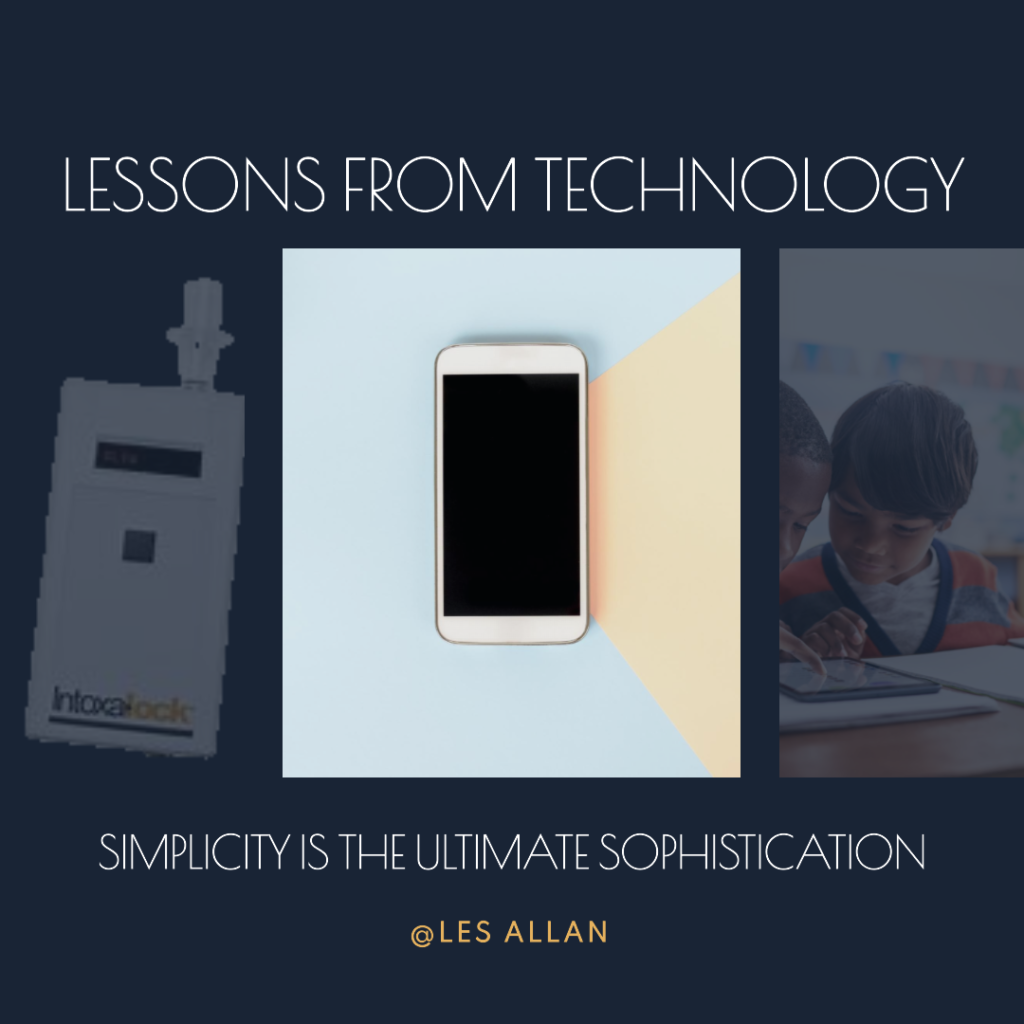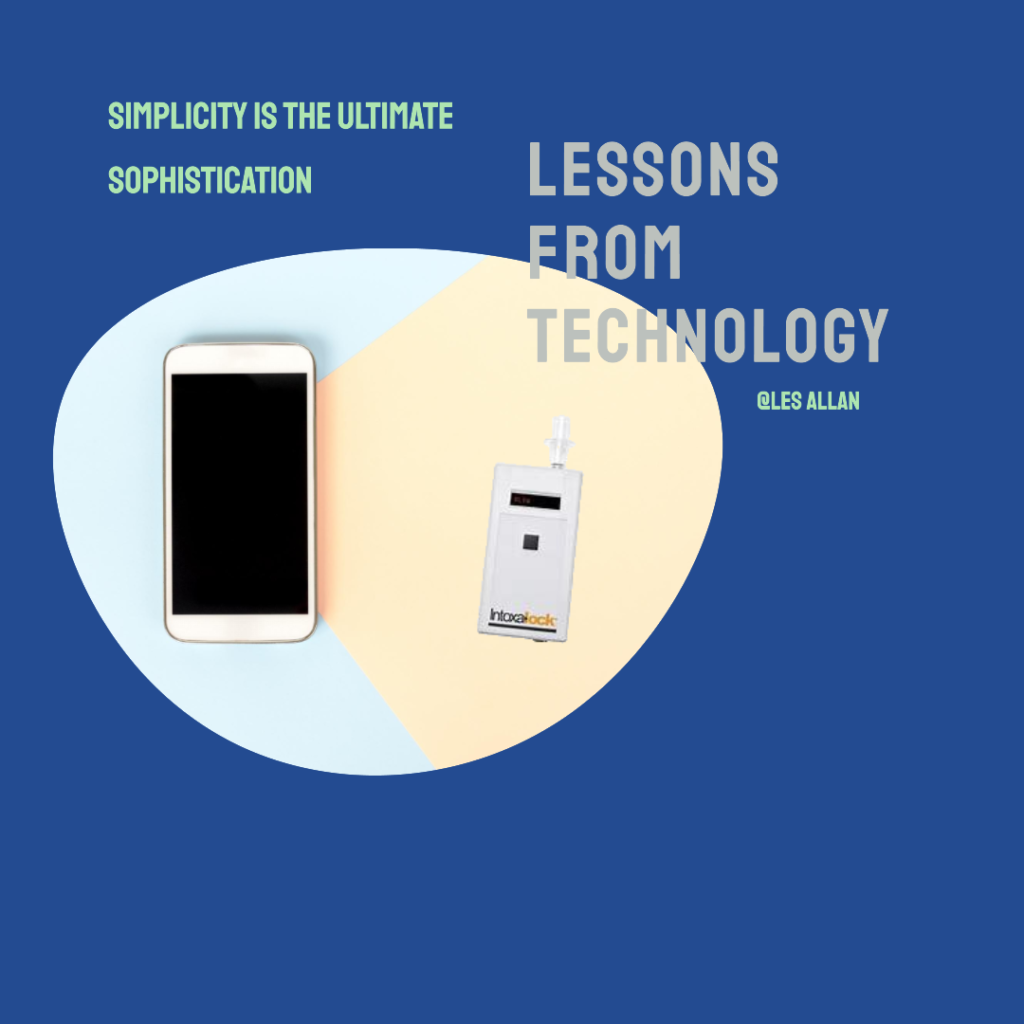
Life Lessons on the Use of Technology and the Bible
Technology is a wonderful gift from God that can enhance our lives and help us fulfill our purposes. However, like any other gift, it can also be misused or abused. How can we use technology wisely and in a way that honors God and His Word? Here are some life lessons on the use of technology and the Bible.
Technology is not a substitute for God. Technology can provide us with many benefits, such as convenience, entertainment, communication, education, and more. But it cannot replace our need for God, who is the source of all wisdom, love, and power. We should not let technology distract us from spending time with God, reading His Word, praying, and worshiping Him. We should also not let technology become an idol in our hearts, something that we value more than God or that we depend on for our happiness and security.
Technology is not a substitute for human relationships. Technology can help us connect with others, especially those who are far away or in different time zones. But it cannot replace the need for face-to-face interactions, physical touch, and emotional intimacy. Technology should not isolate us from our family, friends, church, and community. We should also not let technology interfere with our quality time with others, such as by checking our phones constantly or multitasking while talking to someone.
Technology is not a substitute for personal growth. Technology can offer us many opportunities to learn new things, improve our skills, and expand our horizons. But it cannot replace the need for personal discipline, self-control, and character development. We should not let technology make us lazy, impatient, or complacent. We should also not let technology tempt us to sin by exposing us to pornography, violence, gossip, or false teachings.
Technology is a tool to serve God and others. Technology can be used for good or evil, depending on how we use it and what we use it for. We should use technology to glorify God and to bless others, not to dishonor God or harm others. We should use technology to share the gospel, edify the church, support missions, promote justice, show compassion, and do good works. We should also use technology to steward the resources God has given us, such as saving energy, reducing waste, and protecting the environment.
Technology is a test of our faithfulness. Technology can reveal our true motives, values, and priorities. It can also challenge our obedience, integrity, and loyalty to God. We should use technology to reflect our identity as children of God and citizens of His kingdom. We should also use technology to respect His commands, principles, and purposes. We should seek His guidance and wisdom on how to use technology appropriately and responsibly.
Technology is a blessing from God that can enrich our lives in many ways. But we must be careful not to misuse it or abuse it. We must remember that technology is not an end but a means to an end: to know God and make Him known. The Bible does not explicitly mention technology as we know it today. However, there are several verses that suggest that God has given humans the ability to create and innovate. Here are some of them: Genesis 1:26-28: This passage describes how God created humans in His own image and gave them dominion over the earth. This includes the ability to create and innovate. Exodus 31:1-6: This passage describes how God filled Bezalel with the Spirit of God, wisdom, and understanding to create beautiful works of art. Ecclesiastes 7:29: This verse suggests that God created humans upright, but they have sought out many schemes. This implies that humans have the ability to create new things and innovate. Proverbs 22:29: This verse suggests that people who are skilled in their work will stand before kings and not obscure people. While these verses do not explicitly mention technology, they do suggest that God has given humans the ability to create and innovate. It is up to us to use this ability for good and to glorify God.
I hope this helps!
Lesallan – October 18, 2023


